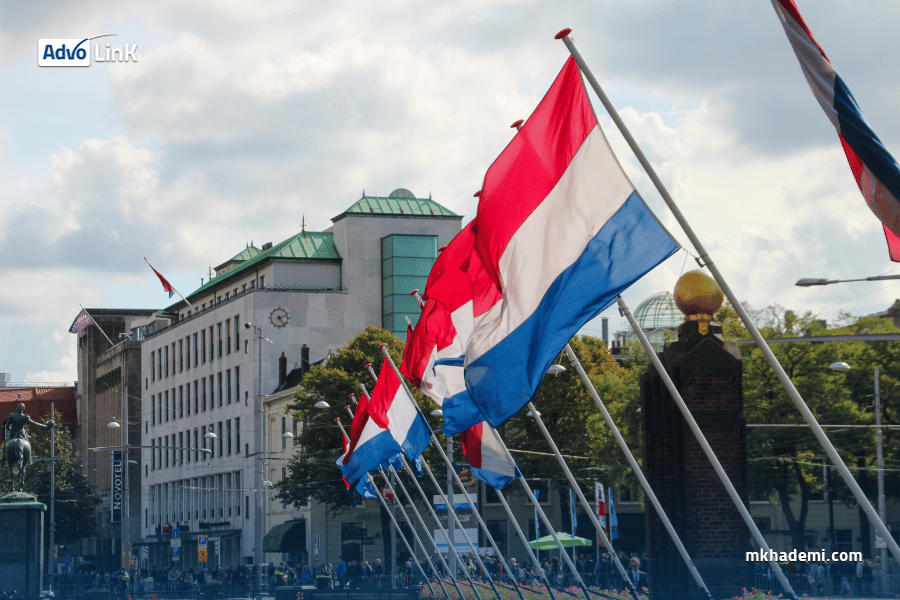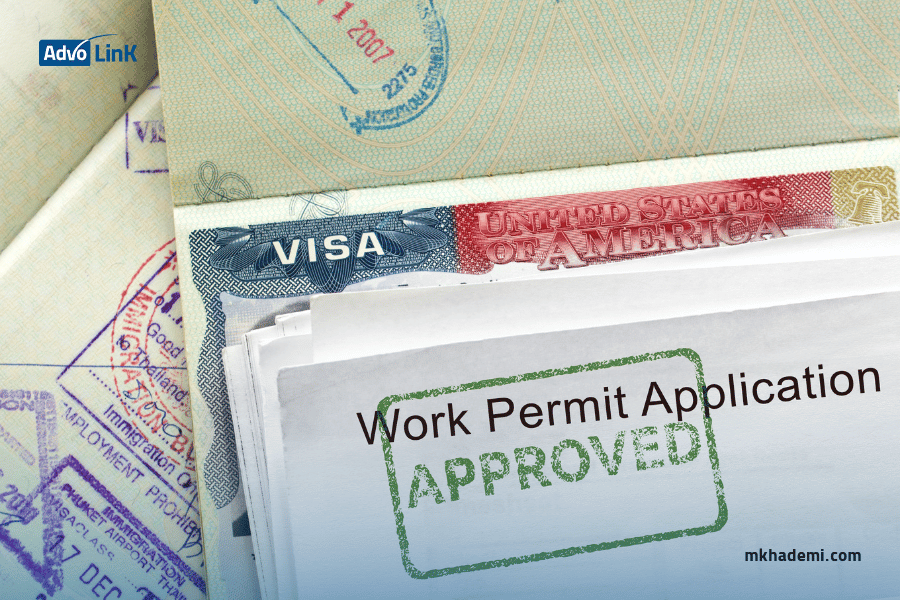Migration via Study Residence Permit in the Netherlands: PhD and Postdoctoral Programs
Migrating to the Netherlands through a Residence Permit for Study at the PhD or postdoctoral level is one of the most ideal and strategic immigration pathways. PhD programs in the Netherlands typically last four years and are offered entirely in English across all disciplines. A significant advantage is that applicants are generally not required to […]
Study Residence in the Netherlands
Have you ever wondered what it’s like to live in a different dimension of life? Not in the science fiction sense—but by simply shifting your place and your future in time. Migrating from a developing country to one of the most advanced and progressive nations like the Netherlands can make this transformation a reality. If […]
Residence in the Netherlands via Self-Employment and Startup Visas
The Netherlands is a country of stunning natural beauty, modern infrastructure, exceptional welfare systems, and personal freedom. Its stable and robust economy is consistently ranked among the world’s most advanced. The Netherlands offers a wide range of opportunities for self-employed individuals and startup founders. With its flexible and accessible business regulations, in contrast to the […]
Domestic and International Commercial Arbitration
In the previous article, we briefly introduced the concept of arbitration and its procedural framework. In this article, we focus concisely yet accessibly on the two main forms of arbitration: domestic and international commercial arbitration. Domestic Arbitration Chapter 7 of the Iranian Code of Civil Procedure, from Articles 454 to 501, governs domestic arbitration. Unlike […]
Civil and Criminal Case Handling
In the Iranian legal system, cases are pursued either in civil courts or criminal courts, depending on the nature of the matter. If a case is civil in nature, it must be filed in the General Civil Court. However, if the case involves criminal allegations, it must first be submitted to the Public Prosecutor’s Office […]
International Commercial Law
With the ever-increasing globalization of trade, commercial relationships have extended far beyond local or national boundaries. As international trade expanded, both commercial law and public international law evolved as distinct disciplines. At the convergence of these two areas, the body of international commercial law emerged. This field governs cross-border commercial and economic interactions between individuals, […]
International Commercial Arbitration
Arbitration is a private dispute resolution mechanism created outside of the formal state judicial system. In the arbitration process, one or more arbitrators are selected by the disputing parties to hear the case and issue an award. Arbitrators act based on the powers and duties defined in the arbitration agreement or arbitration clause embedded in […]
International Commercial Contracts
In commercial transactions, the contract is the most essential legal instrument reflecting the mutual agreement and shared intent of the parties. In Iranian law, the key elements required for a valid contract are outlined in Article 190 of the Civil Code. While oral agreements are legally recognized in Iran, certain jurisdictions require written contracts—either in […]
Major International Arbitration Centers
In the previous article, we briefly discussed the concept of domestic and international commercial arbitration, along with the international conventions governing the arbitration process and the recognition and enforcement of arbitral awards. In this article, we introduce the most prominent international arbitration institutions in accessible terms, free from complex academic legal jargon. 1. Permanent Court […]
Exemptions from International Sanctions
The term “sanction”—legally referred to as ‘sanction’ in English—is defined as a type of punitive measure or enforcement mechanism. According to the Oxford Dictionary of Law, a sanction is “a penalty for a breach of law or an act of pressure imposed on a state or individuals to compel compliance with international law.” Since the […]










